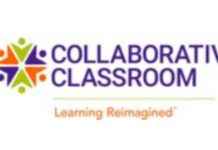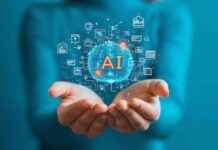The world is evolving rapidly, and education needs to keep up with the changes happening around us. In today’s K-12 education system, learners need to be equipped with skills that will help them navigate through various challenges in life, whether they are related to social issues, political matters, or technological advancements like Artificial Intelligence (AI).
It’s important to understand that education is not just about training for a job; it’s about preparing individuals for life in a broader sense. While training focuses on specific job-related skills, education aims to provide a more comprehensive and holistic learning experience that nurtures individuals’ psychosocial development.
To adapt to the uncertainties of the future, it is crucial to cultivate versatility in learners. Just like a Swiss army knife with multiple tools, learners need to acquire a broad set of skills that can be sharpened and adapted as needed in different situations – be it as a poet, physician, painter, or physicist.
In order to achieve this goal, it is essential to redesign the curriculum and standards of education. The current education system has not fully embraced the demands of the Information Age, particularly in terms of teaching Technology and Engineering alongside Science and Mathematics. With the advent of the AI age, there is an urgent need to bridge the gap between emerging needs and current educational practices.
While some may argue that the specific content of education doesn’t matter as long as learning occurs, it is important to focus on teaching relevant and essential skills that align with the demands of the modern world. For example, instead of spending time on learning complex trigonometric functions that have limited practical applications, students could benefit more from learning data science, which is a valuable skill in various disciplines and industries.
In order to address the challenges posed by AI and ensure that education remains relevant and effective, it is important to pay attention to all four dimensions of education – Knowledge, Skills, Character, and Meta-Learning. These dimensions encompass a broad range of competencies that are essential for students to thrive in a rapidly changing world.
Additionally, there is a growing need for personalized education that focuses on drivers like Motivation, Identity, Agency, and Purpose. By prioritizing these drivers and dimensions of education, students can develop the skills, character traits, and meta-learning abilities needed to succeed in an unpredictable and dynamic environment.
In conclusion, embracing the transformative potential of AI in education requires a fundamental rethinking of what and how we teach. By fostering adaptability, continuous learning, and a balance between depth and breadth in education, we can create a system that prepares students not only for future jobs but also equips them with the wisdom to navigate life’s complexities. By focusing on these key aspects of education, we can ensure that learners are well-equipped to thrive in the 21st century and beyond.







